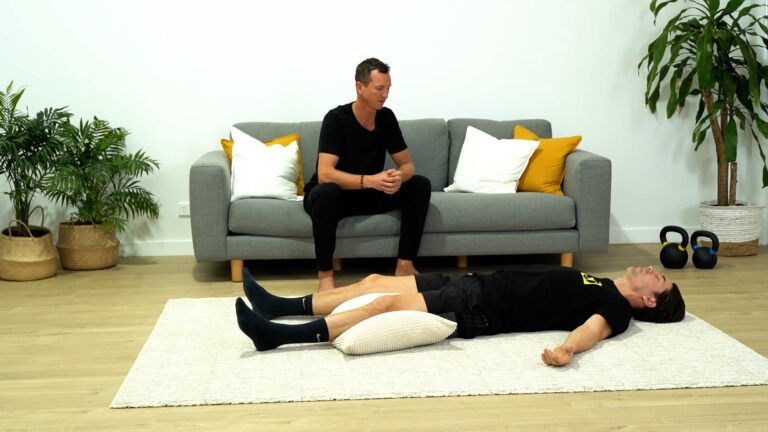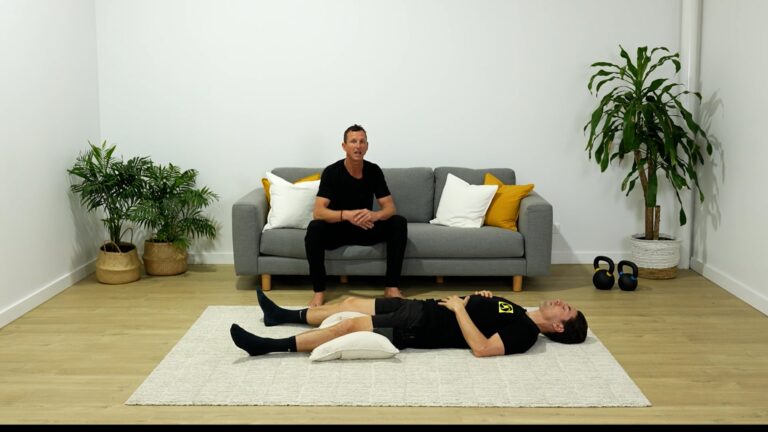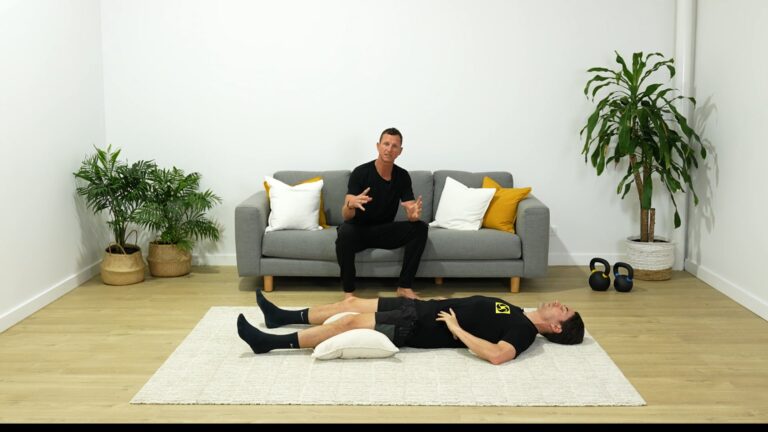Understanding why you might not be as consistent as you like.
Sleep is understood to be the most beneficial tool when it comes to wellbeing, recovery and restoration. Having a consistent and solid sleep schedule is something that we all yearn for, but why is it often so hard to find? We all know the feeling of a solid 8-hour, interrupted sleep. We wake up fresh, ready to get up and go for the day. Where your body is working with you and your energy is at a lovely stable high.
You’ve probably noticed your sleeping patterns change through differing seasons of life. Ever wondered why? Undoubtedly, we all ebb and flow through needing less and more sleep. However, it is essential to understand that a range of factors can influence your sleep needs. Many of these coincide with your life – and it’s not just as simple as your age.
1: Chronotypes.
There are three main types of sleep chronotypes: lions, bears, and wolves. Depending on which category you fall into, this will be a big proponent of how much sleep you need.
It is understood that lions typically need less than the average amount of sleep, whereas bears need more than the average amount, and wolves fall into the category of no more, no less. However, wolves are often sleep deprived as they are notorious for broken and poor quality sleep, making them feel as though they need more as they’re always fatigued.
Understanding your chronotype is incredibly beneficial, as it helps determine the ideal sleep and wake time that is best suited to your body’s schedule. It also enables you to understand why you may be more or less tired, depending on when you sleep. Ever get 8 hours of sleep after 11 pm and feel more tired the following day? In comparison, if you got 8 hours of sleep starting at 9 pm or feel refreshed going to bed a little later, with more ability to sleep through the night? This is due to your chronotype and how your body optimally syncs with your sleep schedule.
2: Growth & Development.
Children, infants and teenagers need far more sleep than the average adult. This is due to the high demand for growth within the body. The human growth hormone (hGh) is the main factor that promotes cellular growth and is produced in slow-wave sleep. Therefore, to create this hormone – we need to sleep.
The need for extra sleep is also incredibly relevant to anyone working through a particularly rigorous or intense training schedule. Whether you’re a high-level athlete, or a gym junkie looking to put on muscle and develop size, developing a consistent sleep schedule and working to produce hGh will be crucial for your overall results and performance.
You may often notice when starting a new gym class or adding in more movement to your routine that your body is craving more sleep. This is a great time to lean in and work on as many extra zzz’s as possible.
3: Stress.
Life is fast-paced, things are constantly changing, and stress can increase internally and externally quickly. Unfortunately, this can lead individuals to either sleep more or less. It depends on the way your body is responding to it at the time. However, stress leads your body to utilizing more energy, whilst also creating more damage to cells at a faster rate than normal. So, therefore, to allow the body to repair itself, extra sleep will be needed.
The real catch-22 is the issue that lies within stress, which negatively impacts our sleep. When we are in higher stressful stages of life, this can lead to sleepless nights, an inability to fall asleep, heart palpitations when attempting to fall asleep and an awake and weirdness at 3 am. This can quickly become an unfortunate cycle and is often hard to break. You are creating stress around sleep itself and a negative thought pattern as to whether or not you will be able to get any. It is essential to know when you may be slipping into a cycle like this and utilise stress management tools to help you cope during day-to-day life—remembering that there is a light at the end of the tunnel! However, you may need extra self-care and stress management work to get there.
4: Menstruation.
Menstruation can play a huge role in women’s ability to fall asleep and stay asleep for the week before their period. It is reported that 30% of women experience disturbed sleep during their period, and 23% struggle to get a total of eight hours of sleep in the week prior.
Menstruation symptoms can be quite debilitating for some, putting a further strain on the body, which can also exacerbate PMS symptoms, cramps and discomfort. Fluctuations in hormones such as progesterone and estrogen during this time lead to differing core body temperatures in the body, which can also significantly impact sleep.




Responses